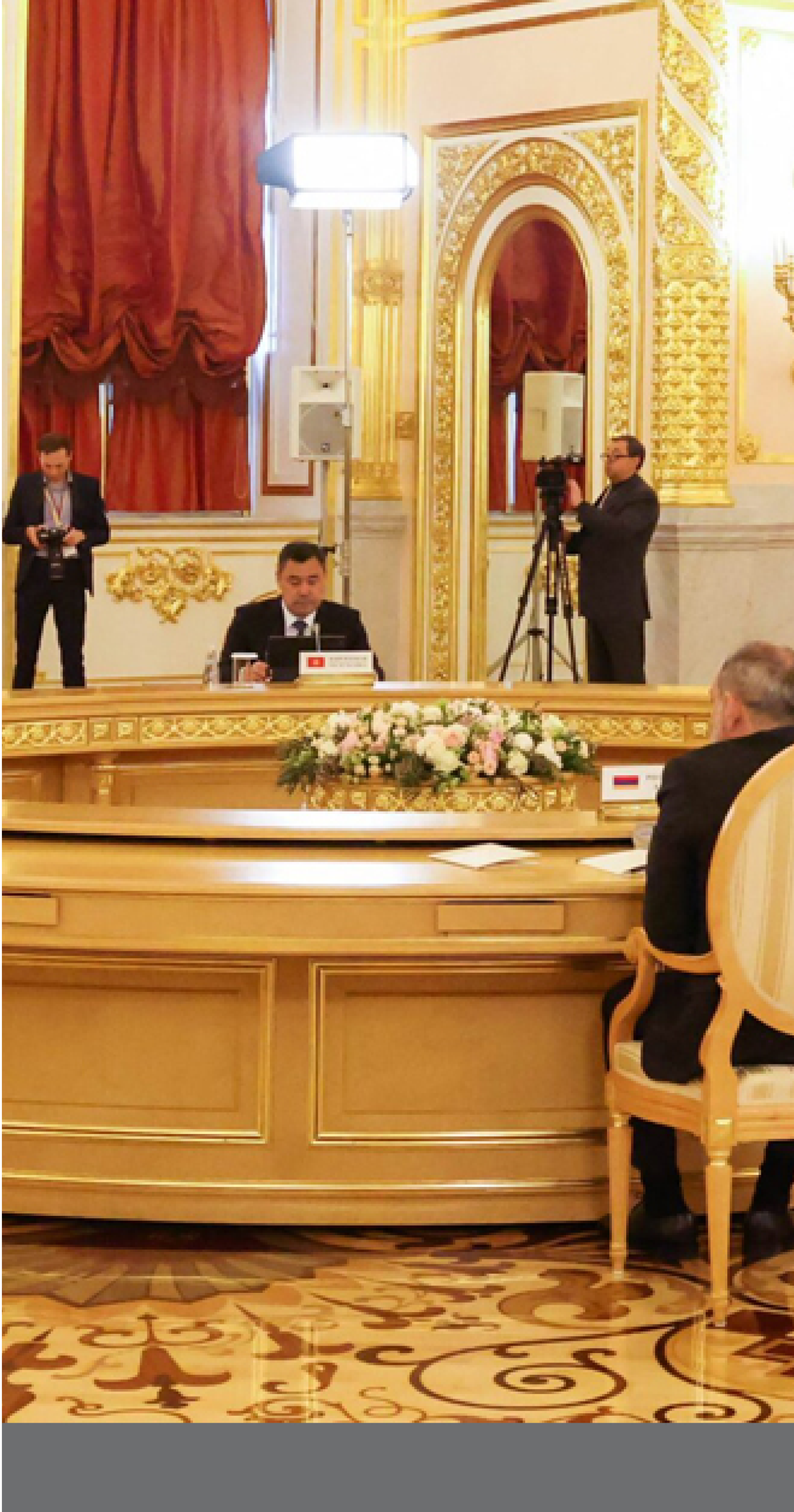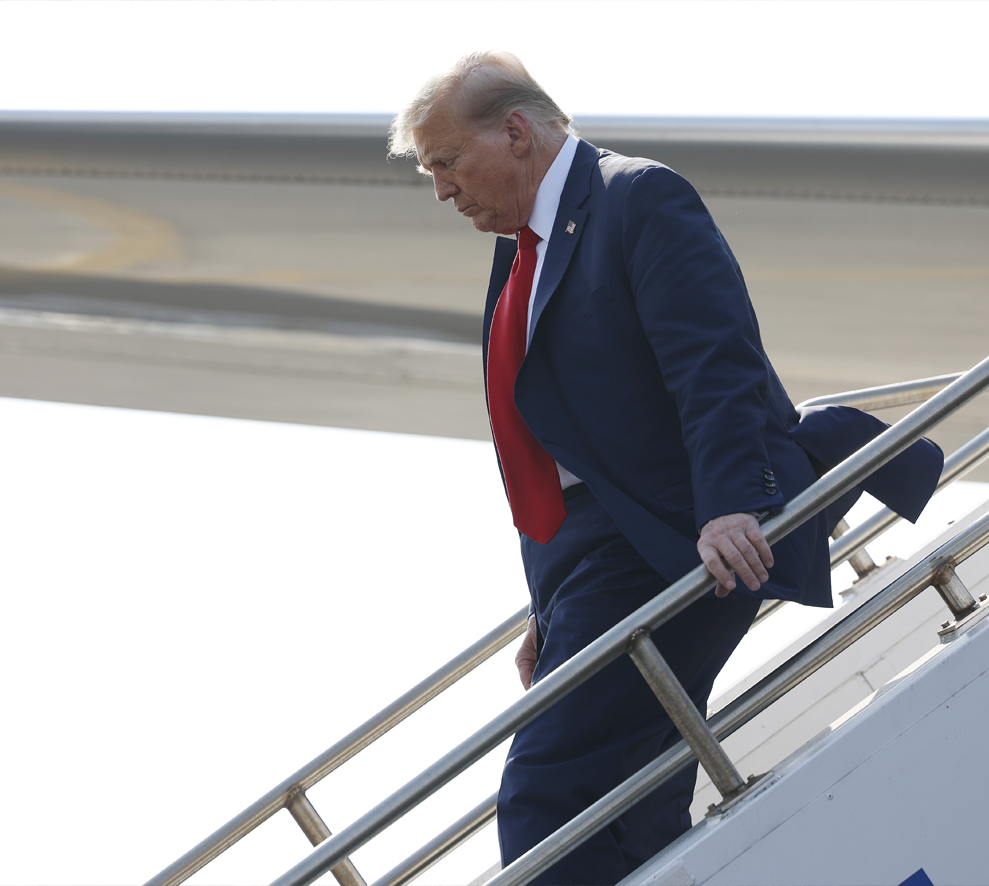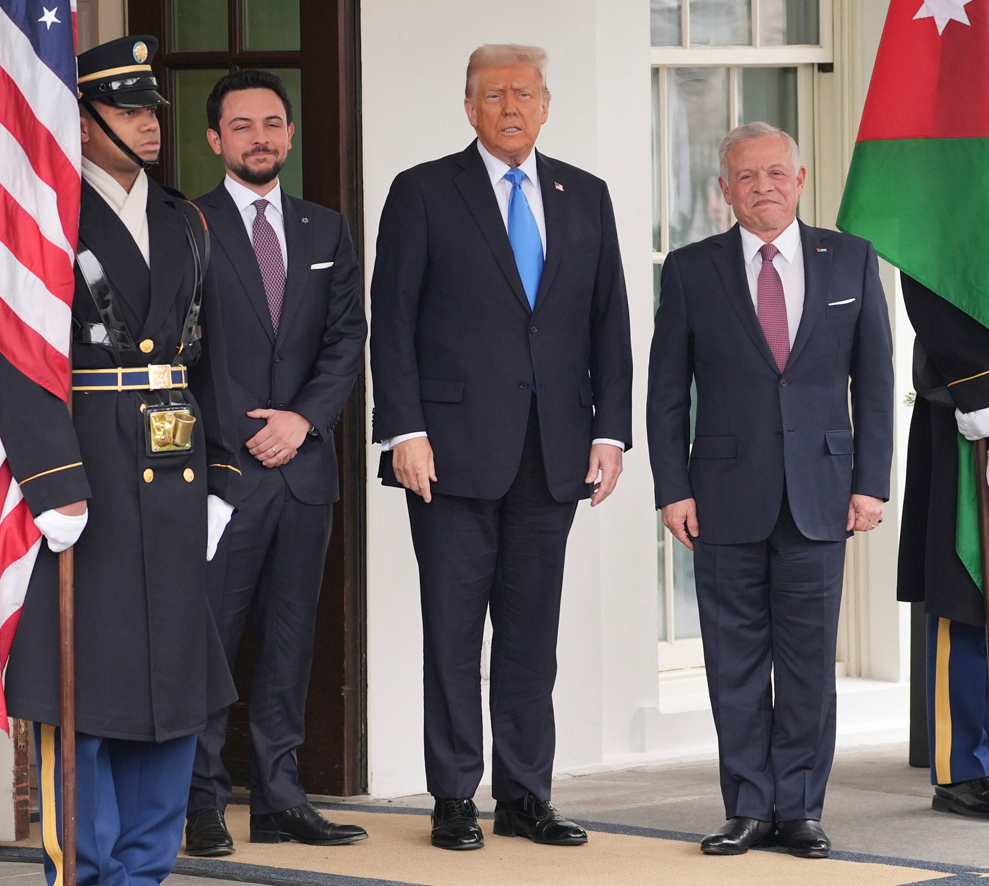Biden has great experience in Iraq, where he was involved in Iraqi affairs as a Democrat holding the position of Chairman of the Senate Foreign Relations Committee for several years, and because he was Vice President during the Obama era, being the decision maker at that time. The New Yorker quoted Obama during a national security meeting in June 2009 referring to Biden as saying: "Joe, the Iraqi issue is yours." By the year 2014, Biden had made nearly 64 calls to Iraq, while Obama made only four calls, and the total of his visits to Iraq reached nearly 24.
Nevertheless, Iraq has had little presence in Biden's campaign. He focused on promoting his experience in foreign policy as a pillar that qualifies him for his position as US President. This may not seem surprising, for he possibly avoided talking about Iraq due to his desire to avoid highlighting American "disappointments" there – the very term he used in his 2017 book, Promise Me, Dad, where he adds, "efforts to promote good governance there have been "time-consuming, draining, and ultimately nearly impossible."
Iraq may not be blamed as much for this as Biden. According to many of the analyzes that have been viewed, Biden's legacy in Iraq is viewed as a controversial one, and his competitors note that his experience there was marred by misjudgment.
Here, we cannot but mention the evidence and changes that have taken place in Biden's policies in Iraqi affairs. He voted against the first Gulf War in 1991, but he was in favor of the American intervention in Iraq in 2003, after he voted in his capacity as a Democrat in the Senate and Chairman of the Foreign Relations Committee to grant Bush Jr. wide war powers in Iraq, a war described by The Guardian newspaper as one of the worst US foreign policy mistakes in decades.
After the American intervention left complicated local and regional contexts, Biden opposed between 2006 and 2007 increasing the number of US forces there and suggested decentralization as a solution to the Iraqi crisis. His idea, as presented in a joint article published in The New York Times in May 2006, was a unified Iraq by giving religious and ethnic groups their own space to run their affairs. Although he was influenced by his experience in Bosnia, the proposition and its timing were unreasonable, as the implementation of which would require new institutional structures and consensual legal rules, at a time when the country was facing the threat of "infighting".
After becoming Obama’s Vice President, Biden provided support to former Iraqi Prime Minister Nuri al-Maliki, at the expense of Iyad Allawi, despite US diplomats and allies in the region concerned about allegations that al-Maliki was supporting an increasingly supportive agenda for Iran and later took an opposing stance against the US military presence. The disagreement between the American negotiators - most notably Lloyd Austin and James Jeffrey - and the Iraqi parliament over approving a provision stating that US forces would not be tried in Iraqi courts was one of the reasons behind the complete withdrawal of US forces from the country.
In an article by Biden about why he chose Lloyd Austin as Minister of Defense, he praised his role in overseeing the withdrawal of US forces from Iraq, without admitting that the withdrawal in 2011 was a strategic mistake which made the Iraqi arena empty and open to Iranian expansion and allowed ISIS to exploit the security gap and rise after it took control of large areas of Iraq and Syria.
In sum, after forty years of Biden's foreign policy experience, Iraq still offers important lessons for him, for such a country, rich in oil resources and enormous capabilities, suffers from negative consequences that were expected by many experts, and they could have been avoided and addressed if it were dealt with in a context connected to its social, political and economic priorities. Today, after becoming US President, the central question is:
Can Biden correct his past mistakes in Iraq?
Based on the foregoing, Biden's policy in Iraqi affairs is still unclear, and there is no specific strategy to deal with Iraq's problems and dilemmas. However, his presidency might give him an opportunity to review his legacy there and fix gaps in previous US policy. Although Iraq still has many challenges to overcome, the country is showing a ray of hope on which to build.
Iraq has been part of the US foreign policy over the past two decades. The former president, George Bush, spent his second term in office dealing with the repercussions of the intervention in Iraq, and the candidacy of his successor, Barack Obama, and among his promises was the withdrawal of US forces in Iraq, whereas Trump focused on the war against ISIS, accusing Obama and Biden of ignoring the organization and its rise, but after the international coalition and Iraq achieved victory over it, Trump's policies there focused on combating Iranian influence.
Many analysts believe that the United States has come to view Iraq as a secondary arena defined by its broader policies towards Iran. This was evident in the tensions resulting from Trump campaign, "maximum pressure", which was felt in Iraq, especially after the assassination of the most prominent Iranian military leaders on its land, while Iran intensified its provocation of US interests and facilities there.
Given the contradictory US approach to Iran, Iraq finds it difficult to deal with the changing US policy, while balancing its relationship with Iran. It is clear that these dynamics may return in the Biden’s approach, who indicated a lot about his policies that he would pursue towards Iran compared to his limited talk about the Iraqi issue. Here, some view the Biden administration as an outlet for the pro-Iranian groups in Iraq, while others fear that the US openness to Iran will lead to a free hand, as was the case under the administration of former President Barack Obama.
Theoretically speaking, Biden's return to the nuclear deal could contribute to reducing the side effects of the US-Iranian rivalry in Iraq, especially if he manages to obtain a broader agreement as promised in advance, including Iran's foreign activities, particularly in Iraq.
But Biden and the officials in Washington should stop considering Iraq as a secondary party in the game with Iran and make this strategic country central, especially in foreign policy. Besides, given the impact of local issues on the region due to the extended and shared borders with Iran, Jordan, Saudi Arabia, Syria and Kuwait, stability and security in Iraq is an integral part of the security of the Middle East, not to mention its enormous qualifications and capabilities as a country that produces oil and gas. Hence, Biden must be aware that ensuring a steady flow of Iraqi oil to global markets will play a role in global growth and accelerate recovery from the consequences of the Covid-19 pandemic.
There is another issue that Biden faces, and it is likely to be more influential, that is; the fate of the military presence in Iraq, part of which comes within the international coalition to combat ISIS. Meanwhile, the Atlantic Council's analyzes rule out any major change in Washington's policy toward Iraq.
Biden does not differ from his predecessors in his promises to withdraw from the never-ending wars, but at the same time he specified that the mission of the US forces is to defeat Al Qaeda and ISIS. Today there are about 2,500 American troops in Iraq, and it is expected that the withdrawal of forces will continue until the number "zero". One aspect of this hypothesis that supports and deserves consideration is the Biden foreign policy team, a number of whom were prominent in the bureaucracy that oversaw the withdrawal of US forces in 2011.
The nominee for the position of Secretary of State, Anthony Blinken, who worked side by side with Biden on the Senate Foreign Relations Committee, is one of the most prominent staff on his team and who had a role in approving policies related to the Iraqi issue. Many critics point the finger of blame at him in Biden’s vote to use military force in Iraq in 2003. There is also the candidate for defense secretary, Lloyd Austin, who was responsible for the US withdrawal from Iraq.
The bureaucracy is expected to play a major role in the decisions related to the Iraqi issue. Given the huge amount of internal and external challenges that await Biden in the White House from his first day, there may not be much time for Middle East issues. At a time when Biden is expected to complement his predecessor's policies of reducing the military footprint, he has an opportunity to return with more robust and skilled diplomacy to deal with Iraq. Here, the experience he and his team enjoys there, and the established relations with Iraqi officials, must be used to promote the strategic dialogue in a way that precedes the Iraqi interest in isolation from US-Iranian relations.
In this regard, Biden must work closely with the Iraqi Prime Minister, Mustafa al-Kazimi, who has sought since assuming his position to balance the pressures resulting from the Iranian and American influence and to return Iraq to regional alignments through his visits to neighboring countries such as Saudi Arabia and Jordan and his meeting with the Egyptian President, Abd Al-Fattah Al-Sisi. Here, all attempts by Al-Kazemi to direct the compass towards its natural path and to affirm Iraq's ability to confront Iranian harmful activities must be met with more political and economic support which is crucial in determining the course of the country during the coming period.
Keep in touch
In-depth analyses delivered weekly.

Related Analyses:







.jpg-%D8%A7%D9%84%D8%B9%D8%B1%D8%A7%D9%82-%D9%88%D8%A8%D8%A7%D9%8A%D8%AF%D9%86.jpg)




